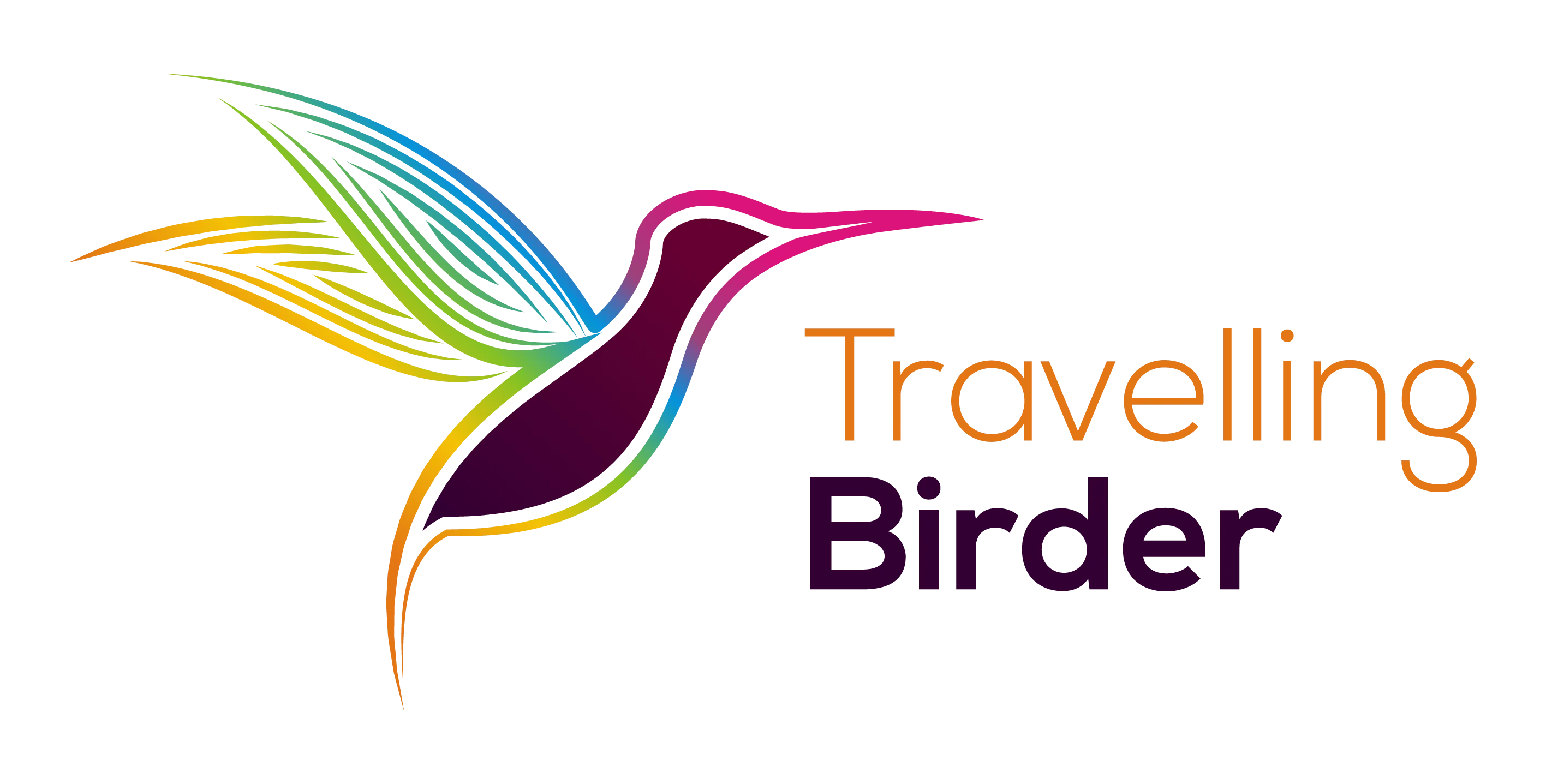As an ornithologist, I have had the pleasure of studying and observing many different species of birds. One such species that has always fascinated me is the crow. With its intelligence and playfulness, these birds can be trained to do amazing things – from recognizing symbols to performing tricks. In this article we will explore how one can successfully train a crow in three simple steps.
The first step in training a crow involves building trust between you and your bird. Crows are very intelligent creatures and need to learn that they can rely on their human trainer for food, shelter, and safety. Once the crow feels secure around you it’s time to start teaching them basic commands like “come” or “sit”. This process requires patience and consistency as crows may take some time to respond correctly.
Lastly, reward-based learning should be used when training a crow as positive reinforcement helps speed up the learning process tremendously. Praise or treats (such as nuts) should be given whenever the bird performs well during training sessions. Additionally, keeping sessions short but frequent throughout the day will help maintain focus while also preventing boredom – both important factors in successful training!

Overview Of Crows
Crows are highly intelligent birds that belong to the Corvidae family. They’re found on every continent except Antarctica, and they range in size from the Eurasian jay to the common raven. Crows have adapted well to human habitation, so it’s not uncommon to see them living near people. They feed primarily on fruits and nuts, but they also scavenge for food left by humans.
Crows can recognize individual faces, remember problem solutions, use tools, communicate with calls and gestures, count up to three items, understand cause-and-effect relationships, and plan ahead. These remarkable abilities make crows unique among other animals and show us just how clever these birds really are. As such, training a crow is possible through basic conditioning methods that some experts recommend.
Basic Training Tips
Imagine the scene: A majestic crow perched atop a tree, its glossy black feathers shining in the sun. As you stand below and look up, it’s almost like they can sense your gaze – but how do you get them to come down? Training crows is not an easy feat; however, with patience, consistency and knowledge of their behavior patterns, you may be able to form a strong bond with one or more of these birds.
Here are some basic training tips for getting started:
- Keep treats nearby so that your crow will always associate you with positive reinforcement when coming to the ground near you.
- Start small by teaching simple commands such as ‘come’ and ‘go’ using verbal cues or hand signals.
- Gradually increase the difficulty level of tasks once your crow has mastered the basics and become comfortable around people.
- Make sure to provide plenty of fresh water and food each day so that your crow remains healthy throughout their learning journey!
By understanding what motivates crows and implementing consistent reward systems during training sessions, success can be achieved in establishing a connection between yourself and this magnificent bird species.
Establishing A Bond With Your Crow
In order to form a successful bond with your crow, it is essential to first understand the bird’s natural behavior and characteristics. This includes its diet, habitat, socialization needs, play preferences, and other aspects of their life in the wild.
| Behavior & Characteristics | Ways To Facilitate Bonding |
|---|---|
| Diet | Provide suitable food sources |
| Habitat | Create an inviting environment |
| Socialization Needs | Spend quality time together |
| Play Preferences | Offer toys and activities |
Understanding these behaviors and characteristics can provide valuable insight into how best to approach training your crow. Additionally, establishing trust between you and your crow is key; this could involve offering treats or engaging in fun activities they enjoy such as playing games or going for walks. Over time, these efforts will lead to a strong relationship that benefits both you and your bird.
The next step towards forming a secure connection with your crow is providing enrichment activities tailored specifically to them. These should be designed based on their individual interests and abilities so that they are stimulating yet achievable for them to complete successfully.
Enrichment Activities For Crows
Crows are highly intelligent and curious birds, making enrichment activities an important part of their care. Enrichment activities can provide exercise, challenge the crow’s brainpower, ease boredom, and stimulate natural behaviors. Here are some great enrichment activities for crows:
- Provide a variety of bird-safe toys that require problem solving to access food rewards such as treat balls or puzzle feeders.
- Create enriching environments with objects such as swings, ladders, paper rolls tubes, or branches from which they can hang upside down.
- Supply daily opportunities for physical activity by offering large boxes filled with straw or hay in which your crow can forage for hidden treats.
- Incorporate mentally stimulating tasks into training sessions like teaching tricks on cue or working on recall games together.
In addition to providing mental stimulation through enrichment activities it is also important to consider safety considerations when caring for crows.
Safety Considerations
Having discussed the various enrichment activities that can be employed to provide a stimulating environment for crows, it is undeniably essential to discuss safety considerations when training a crow. Absolutely paramount in any interaction between human and animal is safety; this is especially true when working with wild animals like crows. It should go without saying that extreme caution must be taken when attempting to train these birds of prey!
| Safety Considerations | What to Avoid |
|---|---|
| Wear thick clothing | Loud noises |
| Gloves | Sudden movements |
| Protective eyewear | Intimidation |
To ensure maximum safety during interactions with crows, one should always wear protective gear such as heavy pants and boots, gloves, and eye protection while interacting with them. Furthermore, loud noises or sudden movements should absolutely be avoided- as they may startle or frighten the bird into an aggressive response which could lead to injury on either side. Additionally, intimidation tactics have no place in the successful training of these intelligent creatures – positive reinforcement will yield much more effective results than fearmongering ever would.
It is also important to keep in mind that these are wild animals who have not been domesticated over centuries like most other companion animals we know today – so extra precaution needs to taken due to their unpredictability. With patience and understanding, however, individuals can successfully train crows if all necessary precautions are followed properly.
Frequently Asked Questions
What Kind Of Food Should I Feed My Crow?
When caring for a crow, one of the most important considerations is what type of food you should feed it. Crows are omnivores, meaning that they can eat both plant and animal matter. As such, their diet should include a variety of foods like fruits, grains, nuts, seeds, insects, small rodents and eggs. It’s best to offer your crow fresh water daily as well as different types of food spread out over several days or weeks.
The amount of food needed by crows will depend on their size and rate of growth. Generally speaking though, an adult crow needs between 60-90 grams per day while young chicks require more frequent feeding every few hours. If possible try to give them natural sources of food instead of processed ones as this will help ensure they get all the nutrients they need. You may also want to supplement their diet with vitamins and minerals if necessary.
In order to provide proper nutrition for your crow you’ll need to do some research into what types of food work best for them. Understanding which foods meet their dietary requirements can be beneficial in maintaining good health for your pet bird. Additionally, providing enrichment activities like puzzles or toys can stimulate mental development and promote overall wellbeing in addition to helping train them properly.
Are Crows Good Pets?
Whether crows make good pets is a question that many people ask. It’s important to note, however, that crows are wild animals and do not generally take kindly to being kept as domesticated birds. While they may become used to having humans around, this does not mean they will be friendly or willing participants in the relationship.
Crows require large enclosures, lots of stimulation and enrichment activities to keep them busy, and plenty of space for flight and exercise. They also need regular veterinary care and should never be released into the wild unless it is absolutely necessary. Feeding crows requires special considerations as well – while they can eat some foods designed specifically for pet birds, their diet must include a variety of fruits, nuts, grains, insects and other natural items. Additionally, crows have strong social bonds with one another and can become very stressed if separated from their flock mates.
In spite of these challenges, some people still choose to keep crows as pets because of their intelligence and unique personalities. With proper training and dedication to meeting their needs, it is possible for crow owners to form meaningful connections with these remarkable creatures.
How Long Does It Take To Train A Crow?
Training a crow is an intriguing concept, one that has long been explored by ornithologists. It begs the question – how long does it take for a crow to be trained? The answer depends on several factors, including the bird’s individual temperament and intelligence level. To understand this topic better, we must investigate some of the theories surrounding crow training.
Some experts suggest that crows are highly trainable birds due to their innate curiosity and willingness to learn new things. They can be taught relatively simple commands such as “come” or “no”, and more complex tasks such as retrieving objects or following certain routes in search of food. However, other experts point out that crows require far more time than most domesticated pets when it comes to training them effectively. Generally speaking, they require up to two years before they show signs of mastering even basic commands.
As with any pet animal, patience is key when attempting to teach a crow something new. If you’re willing to put in the effort then you could find yourself rewarded with a very intelligent companion who will stay with you for many years! With dedication and consistency, you’ll eventually have an incredible feathered friend capable of carrying out your instructions – but don’t expect overnight success!
What Is The Best Way To House A Crow?
When housing a crow, the best way to make sure they are comfortable and safe is important. Especially when keeping them as pets, there are certain steps that should be taken in order to create an ideal living space for your feathered friend:
- Provide Ample Space – Crows require more room than other birds of their size, so it’s essential to give them plenty of space to fly around and explore. A larger aviary should be provided with perches and toys for entertainment.
- Keep It Clean – A clean environment can help keep diseases at bay, especially since crows tend to carry disease-carrying parasites such as mites and lice on their bodies. Regular cleaning helps reduce the risk of infection or infestation within the enclosure.
- Maintain Temperature & Humidity Levels – Making sure the temperature and humidity levels remain constant throughout the year is key in providing a healthy home environment for your bird. This will ensure that your pet remains comfortable while preventing any potential health risks due to extreme weather conditions.
As an ornithologist, I recommend following these guidelines when creating a suitable environment for your crow companion. In addition to providing ample space, maintaining cleanliness and regulating temperatures/humidity levels, owners should also provide fresh food and water daily along with regular interaction with the animal in order to build trust between human and bird alike. With proper care and safety measures applied, you can rest assured knowing your crow has all it needs to live happily in its new home!
Do Crows Need Regular Veterinary Care?
When it comes to providing for the health and wellness of crows, one must consider whether or not regular veterinary care is necessary. Generally speaking, most ornithologists agree that given their close proximity to humans, crows should be provided with regular visits to a qualified veterinarian in order to maintain optimal health.
Crow illnesses may take on many forms, some being more serious than others. The onset of such conditions can often go unnoticed until they reach an advanced stage; therefore, early detection through routine checkups plays an important role in minimizing the risk of illness or injury. Additionally, preventive measures such as vaccinations are key components in helping ensure that your crow stays healthy throughout its life span. It is also worth noting that since crows tend to form strong bonds with their owners over time, having them checked regularly by a vet will help foster trust between bird and human alike.
Given all this information, it is clear that regular veterinary care is essential when it comes to ensuring good health for crows – both from a preventative standpoint as well as for the purpose of monitoring any potential issues before they become severe. Ultimately, taking these steps helps create an environment where birds can live and thrive without fear of disease or injury.
Can I Train a Crow Without a Permit to Own One?
Training a crow without a permit to own one can lead to legal issues. While crows are highly intelligent and trainable birds, it is essential to follow regulations and obtain the necessary permit to own a crow. Unauthorized ownership can result in penalties and confiscation of the bird, so it’s wise to ensure compliance before embarking on any training endeavors.
Conclusion
Understanding how to properly train a crow requires diligence and patience. As an ornithologist, I can attest that crows are intelligent creatures who respond well to proper training techniques. With the right kind of care, they can be wonderful pets for those willing to take on the task.
The first step in successful training is providing your crow with a healthy diet. Include foods such as fruits, vegetables, nuts and seeds in their daily meals. Additionally, it’s important to ensure they have access to fresh water at all times.
In terms of housing and veterinary care, crows require plenty of space so make sure you provide them with enough room to roam around safely. They also need regular checkups from a qualified veterinarian so keep this in mind when deciding if owning a pet crow is right for you.
Overall, having a pet crow can be incredibly rewarding but only if you’re prepared to dedicate time and effort into understanding their needs and teaching them proper behaviors. With consistent care and guidance, you’ll soon realize why crows are among some of the most beloved avian companions out there!

An avid ornithologist, zoologist and biologist with an unwavering passion for birds and wild animals.
Dr. Wilson’s journey in ornithology began in childhood and led him to obtain a Ph.D. in Ornithology from the prestigious Avian Research Institute. He has worked closely with renowned experts in the field and conducted extensive research and field studies globally.




